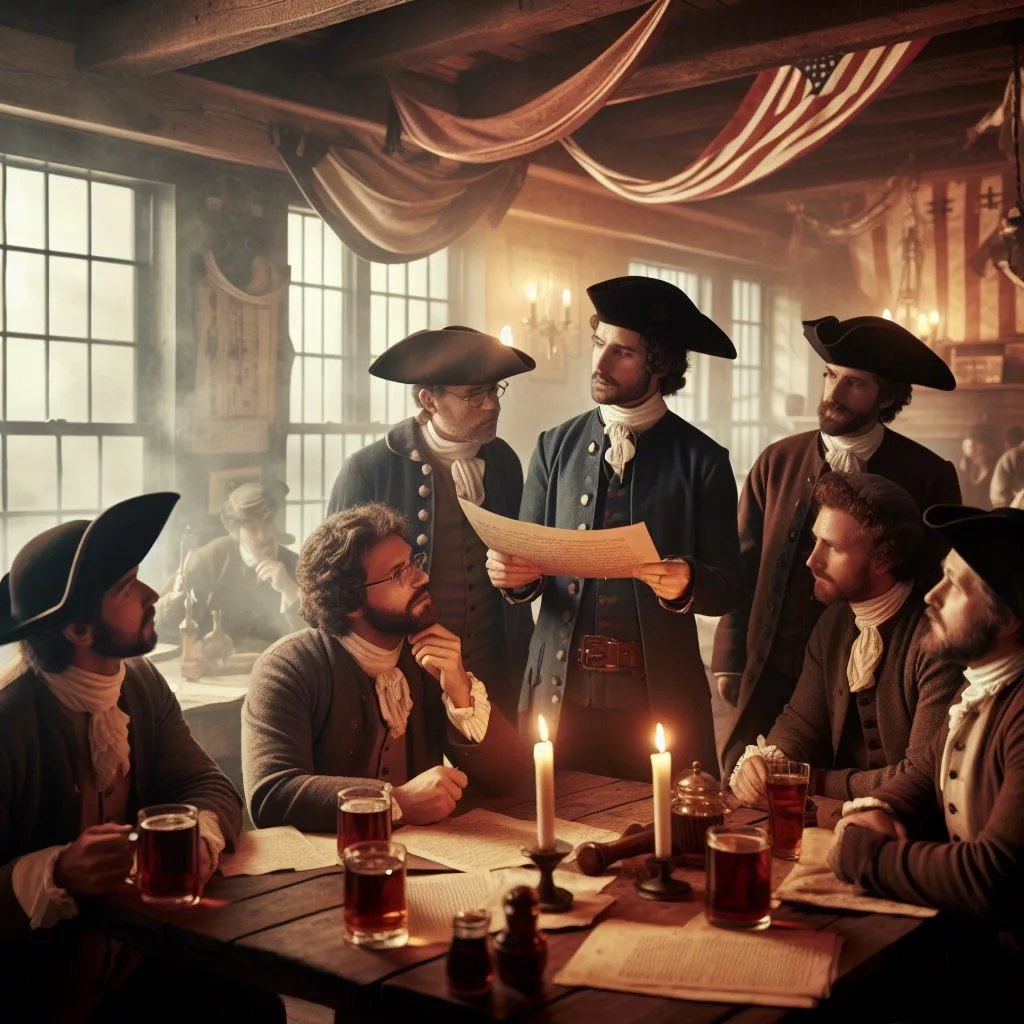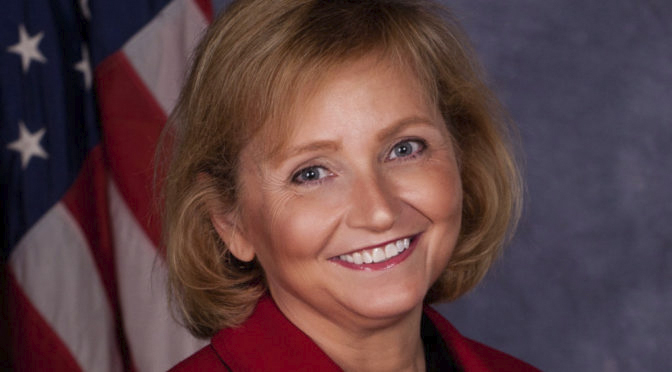The Founders were no fan of government, and yet they created perhaps the best form of government ever conceived by man.
Mr. Parsons was my high school speech teacher, and what the founders did with the Constitution is similar to a statement he used to tell us — “Give the hardest job to the laziest man, and he’ll find the easiest way to do it.”
The Founders’ dislike for government led them to cut the powers in such a way to make government cumbersome and difficult to pass laws. And even after a law was passed, they created a check on the lawmakers and enforcers of the law by creating an independent judiciary — The Supreme Court of the United States — that even if a law is passed, it must be reviewed to see if it coincides with the restrictions created by the Constitution.
The Founders wanted to make sure the government could not become a new form of tyranny. They were equally afraid of creating a form of government that could lead to the loss of liberty of the people.
Since many of these were left out of the original draft of the Constitution, many only offered their support of the document if the Bill of Rights would be proposed.
They were, and 10 of the 12 passed becoming the first amendment to the Constitution.
And those were intentionally designed to restrict government. Some might even say to hamstring it.
The Founders were products of the Enlightenment, an era where freedom of the individual was resonating among the populations around the world rather than divine right to rule by kings.
They were the intellectuals of their day, and they believed strongly in making sure the government would reflect the will of the people by preventing the government from controlling the narrative.
They did this by restricting the government from trying to regulate free speech.
Debate was not only expected it would be required in this new experiment of self government. All views and ideas would be safely exchanged in the public square without fear of government reprisal or suppression.
This week, the cornerstone premise was put to the test when the Supreme Court heard the case Murthy Vs. Missouri, which argued that the federal government had overstepped its restrictions when the Biden Administration colluded with social media companies to ban certain views from being shared on social media platforms.
One of the suppressed speech included a post by the New York Post that stated Hunter Biden’s laptop contained damaging information for both Hunter and his father, the President of the United States.
In suppressing the information, social media companies said they were asked to pull the post at the request of the Department of Justice who said the information appeared to be Russian disinformation.
Since then, it has been verified that the laptop was indeed Hunter Biden’s laptop, and the information on it was authentic.
Other examples of the government overstepping the barrier between its authority and the First Amendment guarantee of free speech centered around posts made about the haphazardly produced vaccine for COVID.
Some were skeptical, and their posts were again removed from social media platforms.
Turns out that recent studies have proven the vaccine did not prevent anyone from contracting COVID and at best may have made the illness less severe, but it was not a vaccine.
How can a nation declare it has free speech as a cornerstone while the government colludes with social media to suppress it?
Supreme Court Justice Ketanji Brown Jackson’s statement during the hearing shares why free speech is under attack.
“My biggest concern is that your view has the First Amendment hamstringing the government in significant ways,” she said.
That’s exactly the point.
The government does not have a Constitutional mandate to control what speech is allowed and which speech is not.
That’s not to say that speech cannot be held accountable if it is libelous, slanderous or violates a person’s rights.
But stating that a computer is owned by the president’s son should be shared, and if the credibility of the agency making the statement is brought into question, that’s a consequence for any agency being wrong. If wrong, it could also lead to legal exposure.
But the government should play no role in whether the information is allowed or not, and the government should recognize that it is hamstringed on purpose.
Are there consequences of free speech? Sure.
But those consequences are minimal compared to the suppression of speech.
We have seen speakers harassed and silenced on college campuses. One party believes that wearing a “Make America Great Again” hat makes some feel uncomfortable and should be banned.
But that’s the type of speech that should be protected. Safe speech needs no protection.
Controversial speech does.
Just remember, it used to be controversial to discuss democracy. Thank God we talked about it, anyway.
Earl Watt is the owner and publisher of the Leader & Times in Liberal, Kansas. Watt started his career in journalism in 1991 at the Southwest Daily Times. During his career, the newspaper has won a total of 17 Sweepstakes awards from the Kansas Press Association for editorial content and 18 Sweepstakes awards for advertising. Watt has been recognized with more than 70 first place awards for writing in categories from sports and column to best front pages, best sports pages and best opinion pages. Watt is a member of the Sons of the American Revolution and is the descendant of several patriots who fought for America's freedom and independence.






The current issue of NY Review of Books has a well-written article on this very important topic. Access should be free– no paywall; but if you hit one and let me know I can do some modest sharing without tripping over intellectual property laws (I HOPE!). Actually the opening artwork alone is worth the look, just for its ROFLMAO effect.
The book reviewed is “Social Media, Freedom of Speech and the Future of Our Democracy” and the link is https://www.nybooks.com/articles/2024/03/21/who-should-regulate-online-speech/